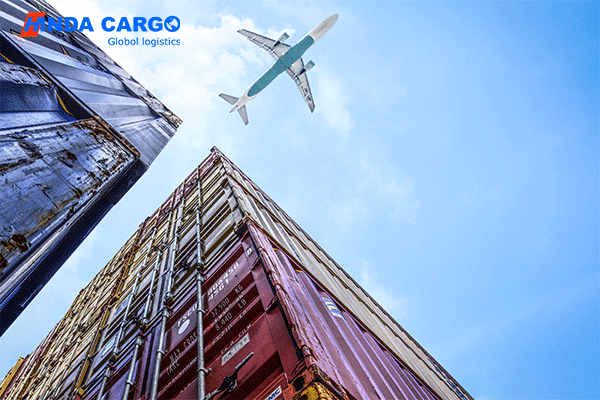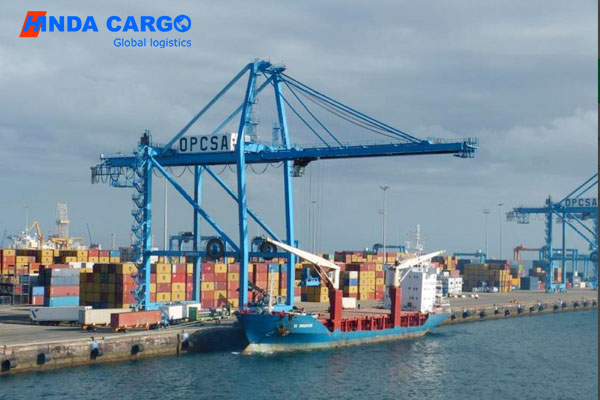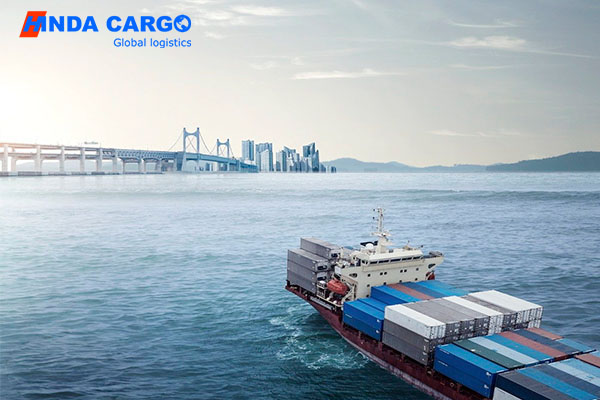How to start as a freight forwarder?
As a key link connecting manufacturers, exporters and transport companies, freight forwarders play an important role in international trade. If you are interested in logistics and international trade and want to enter this dynamic and promising industry, then this article will provide you with a detailed guide to help you step by step towards becoming a successful freight forwarder.

Understand the roles and responsibilities of freight forwarders
First of all, it is crucial to understand the basic concepts and responsibilities of freight forwarders. Freight forwarders, as the name suggests, are intermediaries that provide transportation services to cargo owners. Their main responsibilities include:
1. Select the mode of transportation: According to the nature, destination and time requirements of the goods, choose the most appropriate mode of transportation, such as sea, air, land or multimodal transport.
2. Booking and arranging transportation: Contact shipping companies, airlines, trucking companies and other transportation service providers to book space and arrange cargo transportation.
3. Customs declaration and customs clearance: Handle the customs declaration and customs clearance procedures required for the import and export of goods to ensure that the goods pass through customs legally.
4. Logistics management: Track the cargo transportation process, provide real-time information and solve problems that may arise during transportation.
5. Customer Service: Provide professional consultation and services to customers and solve their questions and needs.
Obtain relevant education and training
Becoming a freight forwarder requires certain professional knowledge and skills. Here are some recommended education and training paths:
1. Education requirements
Although there is no hard and fast requirement for freight forwarders to have a certain education, a relevant education background can provide you with a good foundation. For example, a bachelor's or associate degree in international trade, logistics management, supply chain management, and business administration are all good choices.
2. Professional training courses
Taking professional freight forwarding training courses can help you systematically learn relevant knowledge and skills. Many colleges and vocational training institutions offer such courses, covering topics such as international logistics, customs declaration procedures, transportation laws and regulations, customer service, etc.
3. Certification qualifications
Obtaining relevant certifications can enhance your professional level and market competitiveness. For example, the International Freight Forwarding Certification (FIATA Diploma) provided by the International Federation of Freight Forwarders Associations (FIATA) is a globally recognized authoritative certification. In addition, each country also has its own certification bodies and qualifications, such as the Certified Freight Forwarder (CFF) and Certified Customs Specialist (CCS) qualifications in the United States.

Accumulate work experience
Accumulating experience in actual work is an important step to becoming a successful freight forwarder. You can gain relevant work experience through the following ways:
1. Internship opportunities
Looking for internship opportunities in relevant companies during school or after graduation is a good way to gain work experience. Many international logistics companies and freight forwarding companies offer internships, through which you can understand the actual operation process and accumulate practical experience.
2. Junior positions
Starting from junior positions, such as logistics assistants, customer service representatives, etc., you can gradually understand the workflow and details of freight forwarding. As you accumulate experience and improve your skills, you can gradually be promoted to higher positions.
3. Industry exchanges
Actively participate in industry exhibitions, seminars and training courses to expand your network and exchange experiences. By communicating with people in the industry, you can understand the latest industry dynamics and trends and improve your professional level.
Build personal connections and customer networks
The freight forwarding industry is highly dependent on personal connections and customer networks. Building and maintaining good relationships is essential for your career development.
1. Join industry associations
Joining professional associations in the freight forwarding and logistics industry, such as the International Federation of Freight Forwarders Associations (FIATA) and the National Association of National Freight Forwarders (NVOCC), can expand your industry network and obtain the latest industry information and resources.
2. Build customer relationships
Establishing long-term and stable cooperative relationships with customers is the key to success. By providing quality services, meeting customer needs, and solving customer problems, you can win the trust and loyalty of customers. At the same time, actively develop new customers and expand your customer network through referrals and word-of-mouth.
3. Partnerships
Establishing good cooperative relationships with partners such as transportation companies, customs brokers, and warehousing companies can enhance your service capabilities and competitiveness. Through win-win cooperation, a stable supply chain network is formed to improve the overall service level.

Master industry trends and technologies
The freight forwarding industry is constantly changing with the development of technology and market changes. Mastering the latest industry trends and technologies can help you maintain a competitive advantage.
1. Digital transformation
Digitalization and information technology are increasingly widely used in the freight forwarding industry. Mastering technologies such as logistics management software, transportation management system (TMS), and supply chain management system (SCM) can improve work efficiency and service quality.
2. Blockchain technology
The application of blockchain technology in logistics and supply chain management is increasing. Through blockchain technology, functions such as cargo tracking, smart contracts, and data transparency can be realized, which can improve logistics transparency and security.

Set up your own freight forwarding company
If you have accumulated rich experience and resources, you can consider setting up your own freight forwarding company to realize your entrepreneurial dream.
1. Make a business plan
Before setting up a company, you need to make a detailed business plan, including market analysis, competition analysis, business positioning, operation plan, financial budget, etc. The business plan is an important document to guide the development of the company and is also the basis for attracting investment and financing.
2. Register a company
According to the laws and regulations of the place where you are, go through the company registration procedures, including company name registration, business license application, tax registration, etc. At the same time, you need to understand and comply with relevant industry regulations and standards, such as customs declaration qualifications, transportation permits, etc.
3. Build a team
After setting up a company, you need to form a professional team, including logistics operators, customer service personnel, marketing personnel, etc. Through recruitment and training, we can build an efficient, professional and cooperative team to enhance the company's service capabilities and competitiveness.
4. Marketing
We can expand the company's visibility and customer base through marketing through various channels. We can use online marketing, social media, industry exhibitions, customer recommendations and other methods to attract potential customers and increase market share.
Conclusion
Becoming a freight forwarder requires professional knowledge, work experience, personal connections and a continuous learning attitude. Through systematic learning and training, accumulating practical experience, building a wide network of personal connections, and mastering the latest industry trends and technologies, you can gradually grow into a successful freight forwarder.




